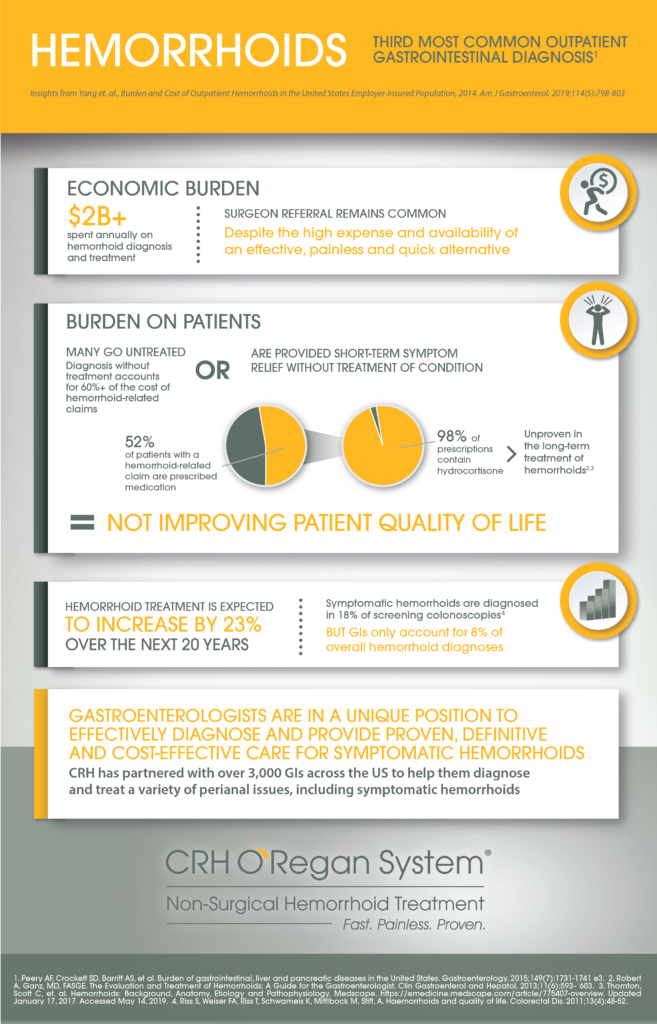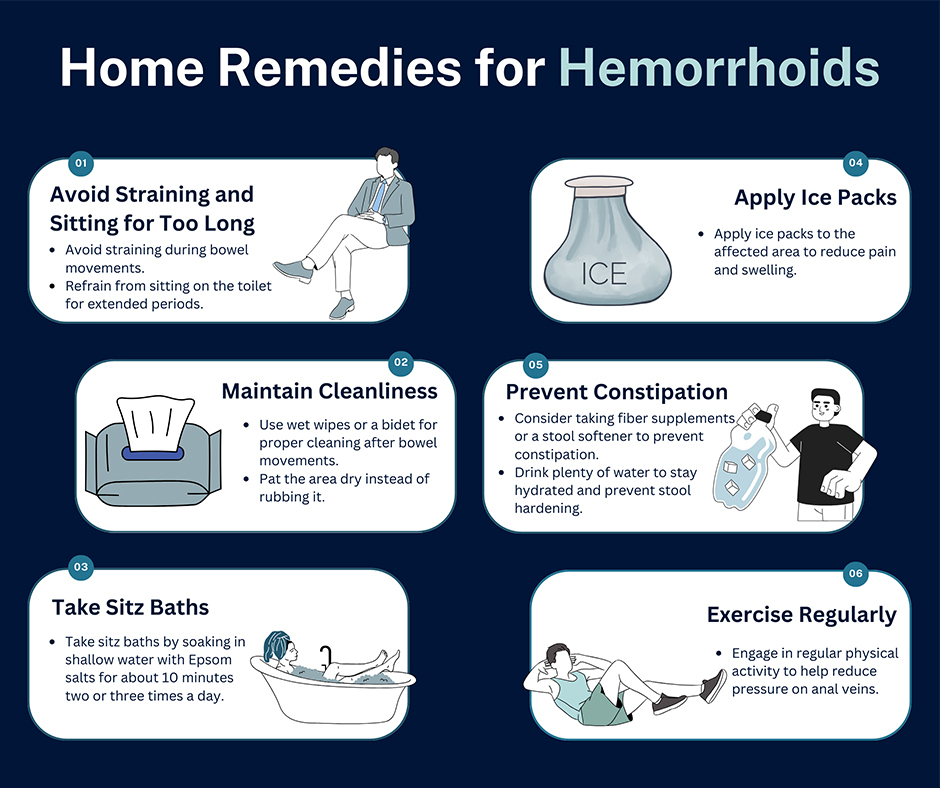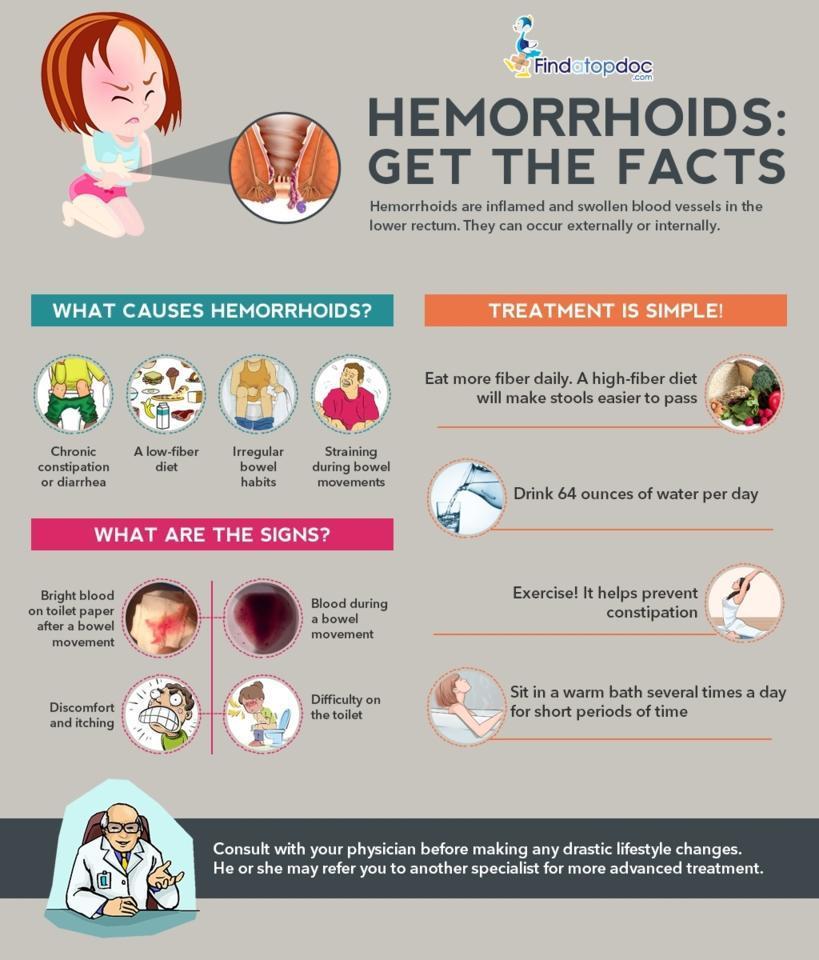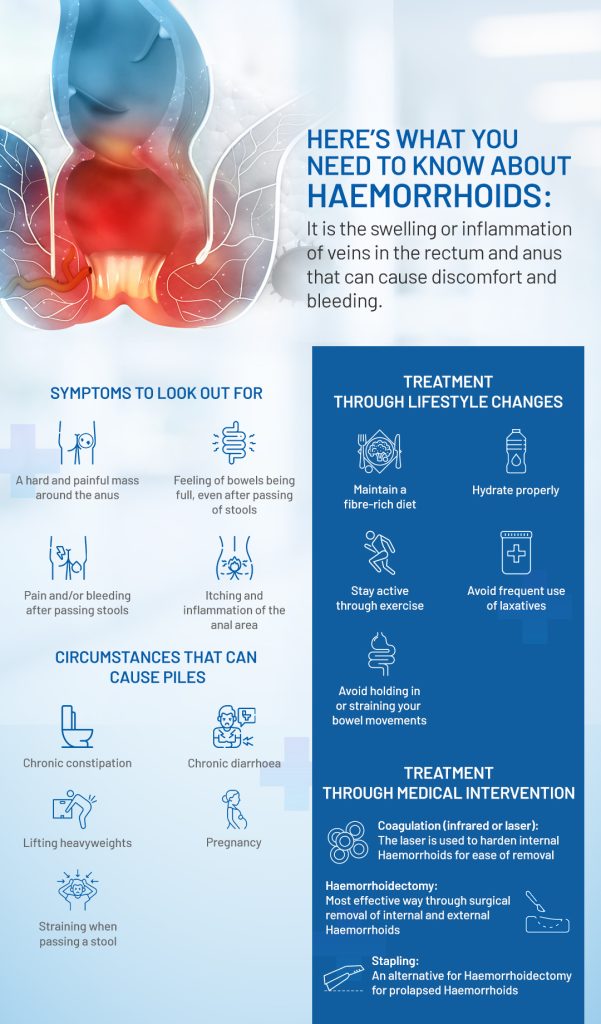Discover the surprising natural remedies and instant relief methods for hemorrhoids that will change your life forever.
Table of Contents
Introduction: Understanding Hemorrhoids
Have you ever heard of hemorrhoids? They’re not exactly the most fun topic to talk about, but it’s important to know what they are and how they can be treated. In this blog post, we’re going to learn about what hemorrhoids are and why someone might need help with them.
So, let’s dive in and explore all you need to know about hemorrhoid treatment.
What Are Hemorrhoids?
Have you ever heard about hemorrhoids and wondered what they are? Hemorrhoids are swollen veins in the lower part of the rectum or anus. These can be caused by increased pressure in the lower rectum, leading to the swelling of the blood vessels around the anus.
Types of Hemorrhoids
There are two main types of hemorrhoids: internal and external. Internal hemorrhoids develop inside the rectum and are usually painless, as there are fewer pain-sensing nerves in this area. On the other hand, external hemorrhoids form outside the anus and can be painful, especially when sitting or during bowel movements.
Symptoms of Hemorrhoids
When it comes to hemorrhoids, there are several signs and symptoms to be aware of. If you notice any of these, it might be time to seek help for your discomfort.

Image courtesy of physicians.crhsystem.com via Google Images
1. Itchy Sensation
One common symptom of hemorrhoids is an itchy feeling around the anus. This can be irritating and is often a sign that something is not quite right down there.
2. Bleeding During Bowel Movements
If you see blood on the toilet paper or in the toilet after going to the bathroom, it could be a sign of hemorrhoids. This can be a scary sight, but it is a common symptom of this condition.
3. Pain or Discomfort
Hemorrhoids can cause pain or discomfort, especially when sitting, going to the bathroom, or even just moving around. This can make everyday activities more difficult.
4. Swelling or Lump near the Anus
In some cases, you may feel a swelling or lump near your anus. This can be a sign of external hemorrhoids and may be painful to the touch.
Recognizing these symptoms early can help you get the treatment you need to find relief from the discomfort of hemorrhoids. If you experience any of these signs, it’s important to talk to a doctor or healthcare provider for further evaluation and assistance.
Quick Relief Methods
When you’re feeling uncomfortable because of hemorrhoids, there are some simple things you can do at home to help ease the pain. One effective method is to take a warm bath. Sitting in a tub of warm water for about 15 minutes can help soothe the itching and discomfort caused by hemorrhoids.
Another home remedy is to apply a cold pack to the affected area. This can reduce swelling and numb the pain. You can use a cold pack wrapped in a towel or a bag of frozen peas for this purpose.
Eating a diet high in fiber can also help soften your stool and make it easier to pass, reducing the strain on your hemorrhoids. Good sources of fiber include fruits, vegetables, whole grains, and legumes.
Over-The-Counter Options
If home treatments aren’t providing enough relief, you can consider using over-the-counter medications specially designed to treat hemorrhoids. There are creams, ointments, and suppositories available at drug stores that can help reduce itching, swelling, and pain.
Before using any over-the-counter medication, make sure to read the instructions carefully and follow them closely. If you have any questions or concerns, don’t hesitate to consult with a pharmacist or your healthcare provider.
The Importance of Fiber
One crucial aspect of preventing and treating hemorrhoids is maintaining a diet rich in fiber. Fiber is a type of carbohydrate found in plant-based foods that the body cannot digest fully. Instead, it helps keep the digestive system running smoothly and aids in preventing constipation. For those struggling with hemorrhoids, incorporating fiber-rich foods into their diet can make a significant difference in managing symptoms and preventing flare-ups.

Image courtesy of www.downtownveinvascular.com via Google Images
Foods High in Fiber
Examples of foods that are high in fiber include fruits like apples, berries, and pears, as well as vegetables like broccoli, carrots, and spinach. Whole grains such as oatmeal, brown rice, and whole wheat bread are also excellent sources of fiber. By adding these foods to your daily meals, you can increase your fiber intake and promote better digestive health.
Lifestyle Changes
In addition to quick relief methods, making some lifestyle changes can help in preventing and managing hemorrhoids effectively. These changes are simple adjustments to your daily routine that can have a big impact on your overall health.
Activity & Exercise
Staying active and incorporating regular exercise into your day can make a significant difference in managing hemorrhoid problems. Physical activity helps in improving blood circulation and reducing the risk of constipation, a common cause of hemorrhoids.
Managing Blood Pressure
High blood pressure can put extra strain on blood vessels, including those in the rectal area where hemorrhoids develop. By adopting a healthy lifestyle, including a balanced diet and regular exercise, you can help control and reduce your blood pressure levels, thus supporting your hemorrhoid health.
When to See a Doctor
Sometimes, dealing with hemorrhoids may require more than just home remedies or over-the-counter treatments. If you experience symptoms like prolonged bleeding, severe pain, or recurring hemorrhoids that don’t improve with at-home care, it may be time to see a doctor.

Image courtesy of www.findatopdoc.com via Google Images
Additionally, if you notice any changes in your bowel movements, such as difficulty passing stool or sudden changes in bowel habits, it’s essential to seek medical advice. These could be signs of other underlying issues that need attention.
Recognizing When to Seek Medical Help
It’s important to pay attention to your body and recognize when you may need professional medical help. While hemorrhoids are a common issue, there are other conditions like chronic fatigue syndrome that may have similar symptoms. If you experience persistent fatigue, muscle weakness, or unexplained pain along with your hemorrhoid symptoms, consulting a doctor is recommended.
| Tip | Quick Relief |
|---|---|
| Ice Pack | Apply an ice pack to the affected area to reduce swelling and numb the pain. |
| Sitz Bath | Soak in a warm sitz bath for 10-15 minutes to help relieve itching and discomfort. |
| Topical Cream | Apply an over-the-counter hemorrhoid cream to the affected area for relief. |
| Fiber-Rich Diet | Eat foods high in fiber to soften your stool and make it easier to pass, reducing strain. |
| Hydrate | Drink plenty of water to keep your stool soft and prevent constipation. |
| Exercise | Stay active to improve circulation and prevent hemorrhoids from worsening. |
Remember, seeking medical advice when necessary can help you receive appropriate treatment and manage any underlying health concerns effectively.
Myths and Facts
There are a lot of rumors about hemorrhoids out there, but let’s separate fact from fiction. Let’s bust some myths together!
Myth: Only old people get hemorrhoids.
Fact: Hemorrhoids can actually happen to people of any age. They’re not just for grandparents! So, it’s essential to take care of your body no matter how old you are.
Myth: Sitting on cold surfaces will give you hemorrhoids.
Fact: Nope, that’s not true. Hemorrhoids are caused by increased pressure in the blood vessels around your rear end, not by the temperature of the surface you’re sitting on.
Myth: Hemorrhoids are contagious.
Fact: Hemorrhoids are not contagious at all. You can’t “catch” them from someone else like a cold. They develop inside your body due to various reasons we’ve discussed.
Myth: Surgery is the only way to treat hemorrhoids.
Fact: Surgery is one of the treatment options for severe cases of hemorrhoids, but there are plenty of other effective treatments available without going under the knife. In fact, many hemorrhoids can be managed with lifestyle changes and over-the-counter medications.
Now that we’ve debunked some myths, let’s move on to preventing hemorrhoids to keep your bottom happy and healthy!
Preventing Hemorrhoids
One of the best ways to prevent hemorrhoids is to maintain a diet high in fiber. Fiber helps to soften your stool, making it easier to pass, which reduces the strain on your rectum and helps prevent hemorrhoids from developing.

Image courtesy of www.addmoretolives.com via Google Images
Staying Hydrated
Drinking plenty of water each day is essential for good digestive health. Water helps to soften your stool and prevent constipation, which can contribute to hemorrhoids. Aim to drink at least eight glasses of water a day to keep your digestive system running smoothly.
Regular Exercise
Staying active is another key factor in preventing hemorrhoids. Regular exercise helps to improve your overall circulation, including blood flow to the rectal area, which can help prevent hemorrhoidal veins from becoming inflamed. Simple activities like walking, swimming, or cycling can have a big impact on your digestive health.
Avoid Straining
Straining when having a bowel movement can increase the pressure on your rectal veins and lead to hemorrhoids. To prevent this, try not to force yourself to pass stool. If you’re having trouble, take your time and give your body a chance to do its job naturally.
Manage Your Weight
Being overweight can increase your risk of developing hemorrhoids. By maintaining a healthy weight through a balanced diet and regular exercise, you can reduce the strain on your rectal veins and lower your risk of hemorrhoids.
Practice Good Toilet Habits
When using the toilet, make sure to avoid sitting for long periods of time. Prolonged sitting can put extra pressure on your rectal area, leading to hemorrhoids. Try to keep your bathroom visits short and sweet to reduce the risk of developing these painful conditions.
By following these simple tips on preventing hemorrhoids, you can help keep your digestive system healthy and avoid the discomfort and pain of hemorrhoidal flare-ups.
Conclusion
After exploring the world of hemorrhoids and understanding why someone might need help with them, we now have a clearer picture of the condition and how to address it.
From learning what hemorrhoids are and the different types to recognizing the symptoms and quick relief methods, we’ve equipped ourselves with valuable knowledge on how to manage this uncomfortable issue.
We also delved into the importance of fiber intake and how making simple lifestyle changes can positively impact hemorrhoid health. Remember, prevention is the best medicine when it comes to dealing with hemorrhoids.
By knowing when to seek medical advice and debunking common myths surrounding hemorrhoids, we can navigate this condition with confidence and clarity.
So, whether you’re dealing with hemorrhoids yourself or supporting someone who is, the information shared here can serve as a guide to finding quick relief and maintaining overall well-being.
FAQs
Can kids get hemorrhoids?
Yes, kids can get hemorrhoids. They are not very common in children, but it can happen. Hemorrhoids are often caused by straining during bowel movements, which can happen to anyone, including kids. Eating a healthy diet with plenty of fiber and staying hydrated can help prevent hemorrhoids in children.
How long do hemorrhoids last?
How long hemorrhoids last can vary from person to person. In many cases, hemorrhoids can go away on their own within a few days to a week. However, if you are experiencing severe pain or bleeding, it’s essential to consult a healthcare provider for proper treatment.
Do sitting too much cause hemorrhoids?
Sitting for long periods of time can contribute to the development of hemorrhoids. When you sit for extended periods, especially on a hard surface, it can put pressure on the veins in the rectal area. To prevent hemorrhoids from forming or getting worse, make sure to take breaks from sitting, practice good posture, and consider using a cushion to relieve pressure on your bottom.





